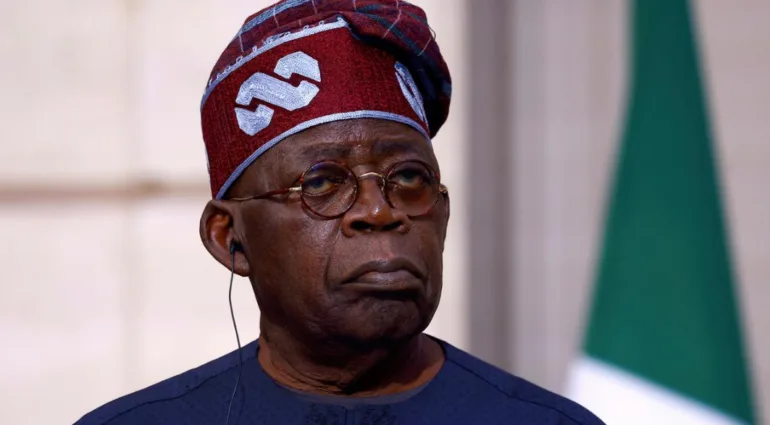A United States District Court in Washington, D.C., has ordered the Federal Bureau of Investigation (FBI) and the Drug Enforcement Administration (DEA) to release records related to their investigations into Nigerian President Bola Tinubu’s alleged involvement in drug trafficking.
In a judgment delivered on April 8, 2025, District Judge Beryl Howell directed both agencies to search for and process any non-exempt documents responsive to Freedom of Information Act (FOIA) requests concerning Tinubu and others allegedly linked to a Chicago heroin ring that operated in the early 1990s.
The ruling overturns the agencies’ previous use of “Glomar responses”—a legal stance allowing them to neither confirm nor deny the existence of requested records. Judge Howell declared these responses by the FBI and DEA as “improper” and ordered them to be lifted.
“The FBI and DEA have both officially confirmed investigations of Tinubu relating to the drug trafficking ring,” the judge ruled, adding that any privacy concerns are outweighed by the significant public interest in the case.
The FOIA requests were filed in 2022 and 2023 by Aaron Greenspan, an American transparency advocate and founder of PlainSite. He had requested information on President Tinubu, as well as Lee Andrew Edwards, Mueez Abegboyega Akande, and Abiodun Agbele—individuals allegedly associated with the drug ring.
Greenspan submitted 12 FOIA requests across six U.S. federal agencies, including the Department of State, Central Intelligence Agency (CIA), Internal Revenue Service (IRS), and the Executive Office for United States Attorneys (EOUSA), in addition to the FBI and DEA. Five of the agencies responded with Glomar replies, prompting Greenspan to file a lawsuit challenging their refusal to disclose whether relevant records existed.
Judge Howell ruled that the FBI and DEA failed to demonstrate any compelling privacy interest in keeping Tinubu’s status as a subject of criminal investigation confidential, and did not meet the legal burden to justify withholding the information.
“Any privacy interests implicated by the FOIA requests… are overcome by the public interest in release of such information,” the court said.
The decision marks a significant development in the longstanding controversy surrounding President Tinubu’s alleged connections to drug-related activities in the United States during the 1990s.


